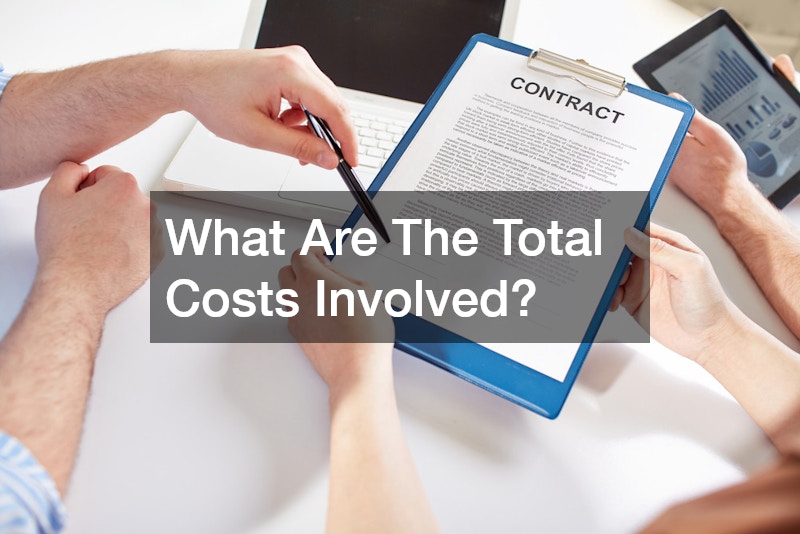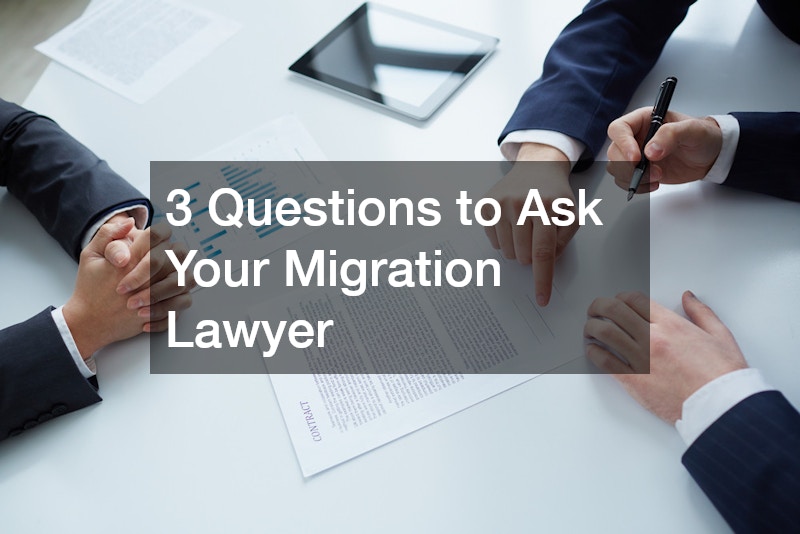Navigating the complexities of Australian immigration law can be overwhelming. Whether you’re planning to study, work, reunite with family or build a new life in Australia, understanding the legal pathways is crucial. A qualified migration lawyer can help you make informed decisions and avoid costly delays or denials. But before you engage their services, asking the right questions can make all the difference.
Choosing a migration lawyer is more than a matter of credentials; it’s about finding someone who understands your specific situation and has the expertise to guide you through every step. Immigration rules change frequently and the process can be daunting without the right support. Here are three essential questions to ask before signing any agreement.
What Is Your Experience With Cases Like Mine?
Not all migration matters are the same. Some lawyers specialise in business or skilled visas, while others may focus on family reunification, student applications or refugee claims. The first thing you should clarify is whether your lawyer has direct experience with your type of case.
If you’re applying for a partner visa, for example, you need someone who understands the nuanced documentation required to prove a genuine relationship. On the other hand, if you’re a skilled worker, your application will likely depend on occupation lists, English test scores and state nominations. An experienced migration lawyer will be able to explain the specific criteria that apply to your situation and how to strengthen your application accordingly.
Ask about recent outcomes the lawyer has achieved in similar matters. A reputable professional won’t guarantee a visa, but they should be transparent about success rates, typical timelines and any red flags that could affect your application. Their ability to communicate clearly and set realistic expectations is a good indicator of how your working relationship will progress.
How Will You Handle My Application From Start To Finish?
The migration process is rarely linear. From gathering documents and lodging applications to responding to requests for further information, the journey can involve multiple steps. You need to know who will be handling your case at each stage.
Some law firms delegate substantial portions of the work to junior staff or administrative assistants. While that isn’t necessarily a problem, you deserve to know who will be your point of contact and how responsive they will be throughout the process. Clear communication is critical, especially if issues arise or your circumstances change after submission.
Ask the lawyer to explain how they will manage deadlines and ensure compliance with immigration requirements. Will they help you track important dates, such as visa expirations or appeal windows? Will they conduct a thorough review of your documents before submission? These operational details can affect not just the efficiency of the process, but also the strength of your case.
Additionally, find out how they manage complications. If a department requests further evidence, how quickly will your lawyer respond? If your visa is refused or delayed, what are the next steps? A qualified lawyer will have protocols in place to address these challenges and offer support when you need it most.
What Are The Total Costs Involved?
Legal fees can vary significantly depending on the complexity of your case and the services included. Before proceeding, ask for a clear explanation of the costs involved—including government charges, application fees, legal service fees and any potential expenses related to appeals or additional documentation.
Some lawyers charge fixed fees, while others work on an hourly basis. Make sure you understand what each fee covers and whether additional charges may apply if your case takes longer than expected. Transparency around costs is essential, especially when immigration budgets can be tight. You don’t want to be surprised by unexpected invoices or realise midway through that the original quote didn’t include certain critical steps.
Also, confirm the refund policy. In some instances, if a visa is refused due to a change in government policy or external factors, you might not be entitled to a refund. However, a trustworthy lawyer will always explain the terms of service and help you make an informed decision about moving forward.
It’s also worth asking whether they can advise on the most cost-effective visa strategy. Sometimes, applying for a temporary visa with a clear pathway to permanent residency may be more affordable and practical than applying for permanent residency directly. An experienced lawyer will guide you toward an approach that balances your goals with your financial position.
Moving to Australia is a significant life event and it’s important to work with someone who can protect your interests and advocate on your behalf. The migration process is rarely straightforward, but with the right professional by your side, you can approach it with clarity and assurance.
.




